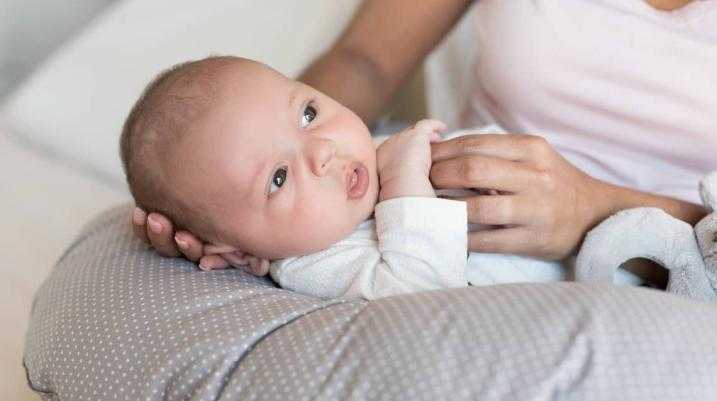The Boppy Co. Baby Pillow Recall

The U.S. Consumer Product Safety Commission (CPSC) recently issued a recall for 3.3 million baby pillow loungers after they caused eight infants to suffocate while sleeping. The manufacturer of the products, the Boppy Company, has sold these products since 2004, but they started to cause issues in 2015 when the first infant deaths were reported. The CPSC also cautioned parents last October about the product’s risk, yet the product could still be found on shelves across North America until a few days ago.
The Boppy Company claims that their product wasn’t marketed as an infant sleep product, but after eight reported deaths, it’s evident that something needs to be changed. No parent should ever have to experience the loss of their child, especially when it’s due to the faulty design of a product they bought in a store. If you or someone you know have lost their child due to a Boppy Company product or any other baby lounger product, Morgan & Morgan can help you hold the at-fault party accountable for their injustice.
Contact us today for more information.
Which Baby Lounger Products Are Being Recalled?
The CPSC issued a recall on the Boppy Company’s three models of newborn loungers: the Boppy Original Newborn Lounger, the Boppy Preferred Newborn Lounger, and the Pottery Barn Kids Newborn Lounger. While the products are safe to use while the child is awake and animated, they become significantly dangerous if the child were to fall asleep while in the product, as the soft and plush nature provides the opposite of a safe sleeping environment. If you have any of these models or similar baby lounger products in your home, it’s best to discontinue use and find a safer replacement.
Who Is Responsible for the Damage?
While this is the first recall for Boppy Company products, it’s not the first time they’ve resulted in the death of a newborn. In 2015, the CPSC issued a safety warning concerning Boppy Company products after they caused an infant child to suffocate. The CPSC also cautioned parents a year before the recall about the very same issue, but the products continued to stay in stores for unsuspecting consumers to purchase.
The Boppy Company, aware of how their product poses a risk to children, made no design changes or even attempted to make their product safer for use. They claim that their baby loungers aren’t marketed as a sleep product for children, but an infant can fall asleep in an instant and roll into a position where they’re in danger. Their reluctance to fix their product that has already caused fatalities is blatant negligence, and most importantly, an actionable offense.
Are All Baby Loungers Dangerous for Newborns?
A federal rule will take effect in mid-2022 that bans sleep products, like baby loungers, for children under five months of age. Newborn children should sleep on firm surfaces that are free of bedding, restraints, or other things that can entangle or restrict the child’s movement. Baby lounger products often have all of these things, which makes them highly unsafe for a sleeping baby. Parents everywhere should exercise extreme caution with any sleep product they purchase for their children until the rule is finally implemented.
Contact Morgan & Morgan
Product liability laws exist for a reason. When companies fail to adhere to the proper safety standards and their dangerous product enters the market, it can have devastating consequences, as we see in this situation. Fortunately, the recall of the aforementioned products will remove them from store shelves and keep children safe from harm. However, someone has to pay for the damage they’ve already caused, and our attorneys can help you do just that. If you’ve lost your child due to a dangerous baby lounger product, contact us today to take the first steps toward holding the Boppy Company accountable for its negligence.
Injured? Getting the compensation you deserve starts here.

Injured?
Not sure what to do next?
We'll guide you through everything you need to know.